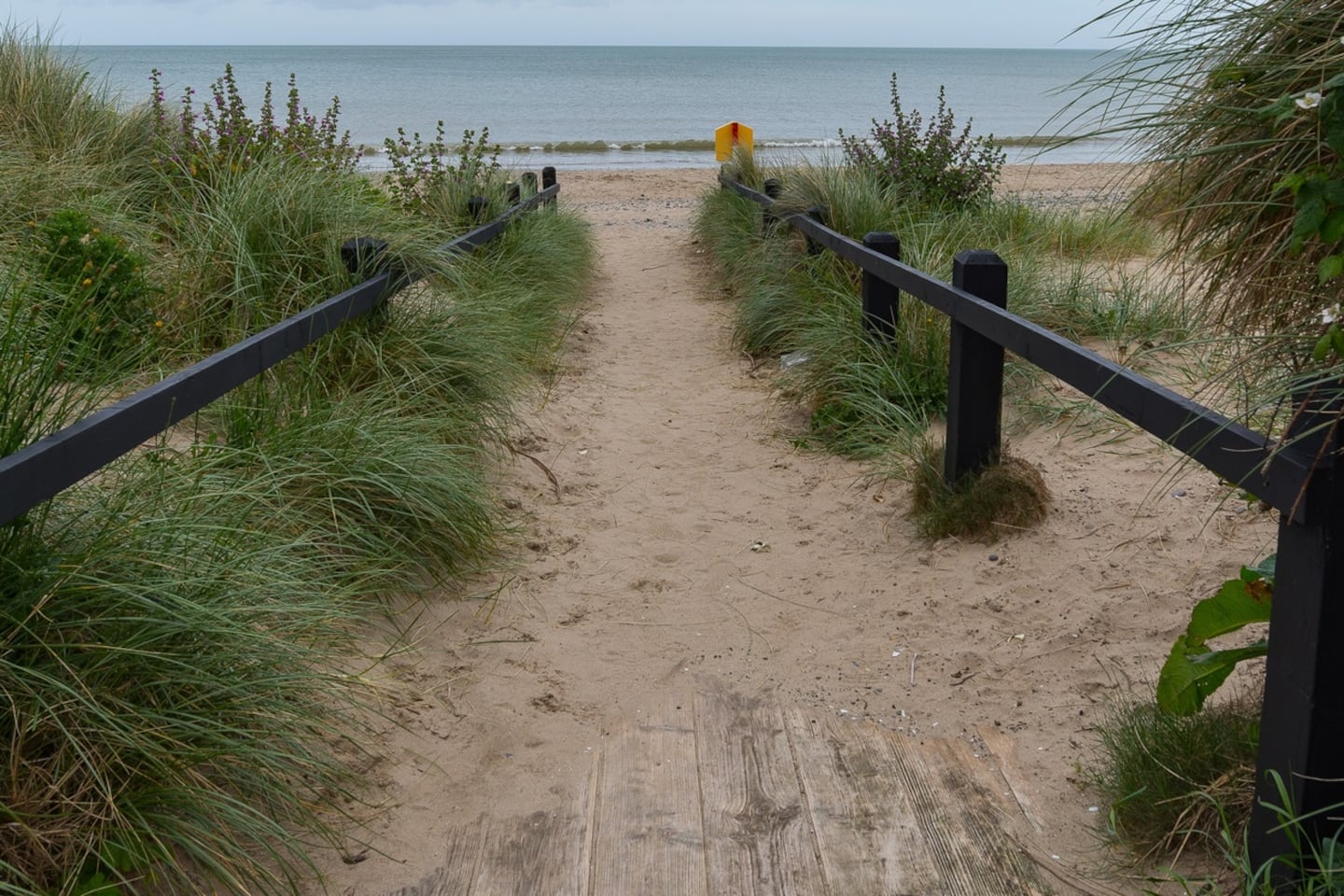Jennifer Walsh is worse off this month by more than €300 when compared with May 2022 as a result of decisions taken in the European Central Bank boardroom in Frankfurt. It is €300 she can ill afford.
“I am a single person so I have to cover all costs myself. The rate hikes mean that I can’t really go out any more and I have very little set aside should anything go wrong or if I am hit with an unexpected bill. And they have completely wiped out any wage increases I have got in the last year.”
She bought her Dublin apartment in 2005 and for almost a decade up to last summer her monthly mortgage repayments were €700. As of now she is paying more than €1,000 and knows more financial pain is likely in the months ahead.
She stresses that she is better off than many because she has benefited from low interest rates for many years and has a home and is not relying on the rental sector. But even so, things are tough. “I have about 15 years left on my mortgage and I had thought we were at the peak of these interest rate increases but that is clearly not the case.”
RM Block
She says she “can just about get through the month but there is absolutely no saving for anything that might happen like my fridge or my car breaking down”.
“Don’t get me wrong, I’m alive, I’m healthy, so there’s a lot to be thankful for but we are at this tipping point with interest rates which are being driven by something that is totally out of our control – higher energy prices because of the war in Ukraine and higher food prices because of climate change. All of this stuff is out of our control but we’re paying the price.”
Like Walsh, Gary Lambert bought his home – in Waterford – just before the property crash and had a tracker mortgage from 2005 until very late last year when he made a big decision. “I switched to a fixed rate of 3 per cent in December for the next four years. I wasn’t sure for a long time what was the right thing to do,” he said.
He admits that even now he is not entirely sure he made the right call but certainly the numbers are in his favour – at least in the short to medium term.
“I was on ECB plus 1.3 per cent and after getting a lot of contradictory advice from experts, some of whom told me to stay put and ride it out and others who told me to switch, I fixed.”
He said he made his decision “more for the certainty than trying to second-guess the market. At least by switching to a four-year fixed rate I know what I’m going to be paying for the next four years. I just hated the uncertainty of it all with the interest rates continuing to go up and up.”
The 3 per cent fixed rate is significantly less than the 5 per cent he would be paying had he stayed put. “I’m saving slightly less than €200 a month and I have to acknowledge that I’ve had it good for a very long time with the tracker mortgage and at least now I know what I will be paying for the next few years and won’t have to worry about what the ECB does.”














